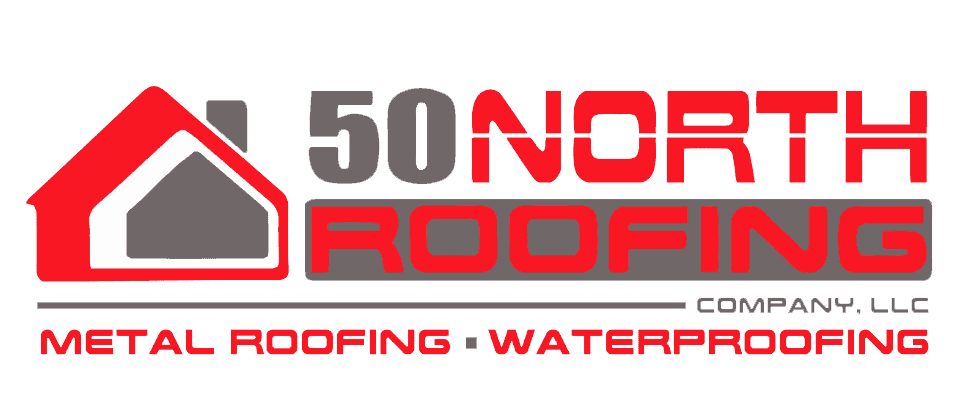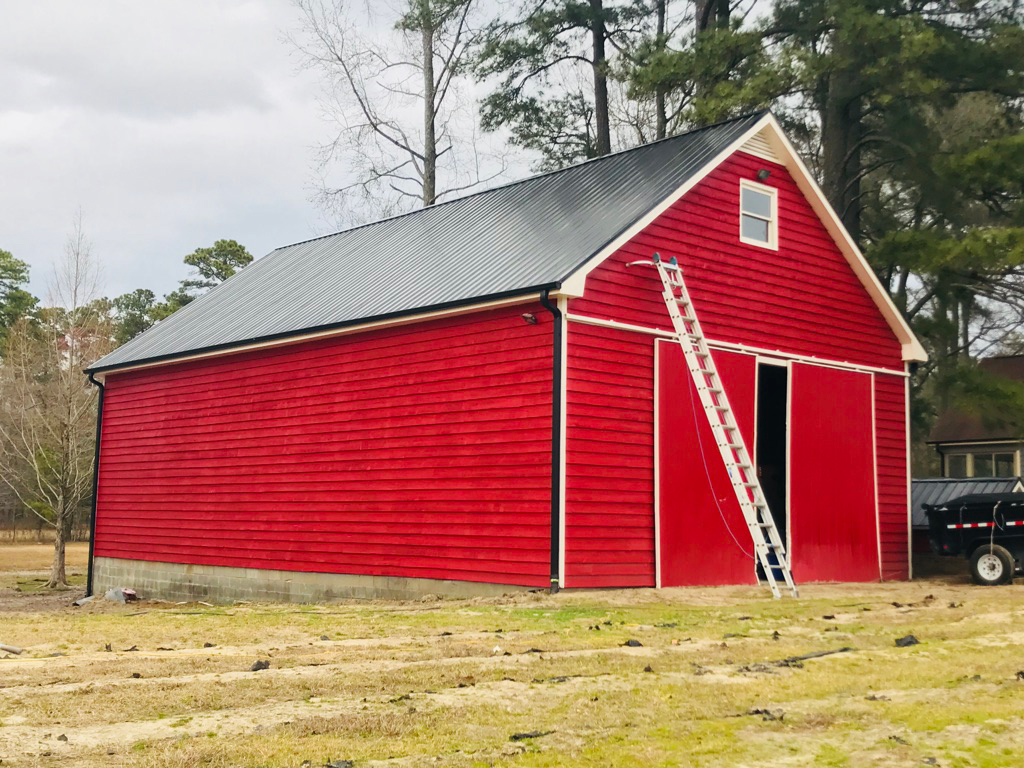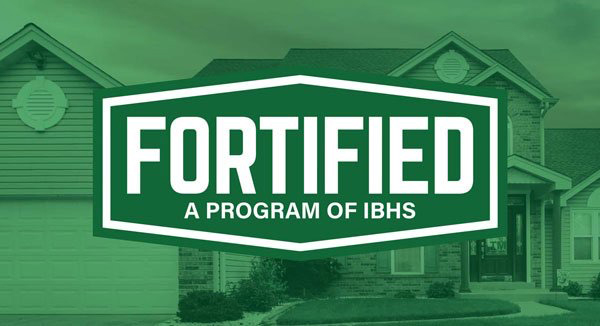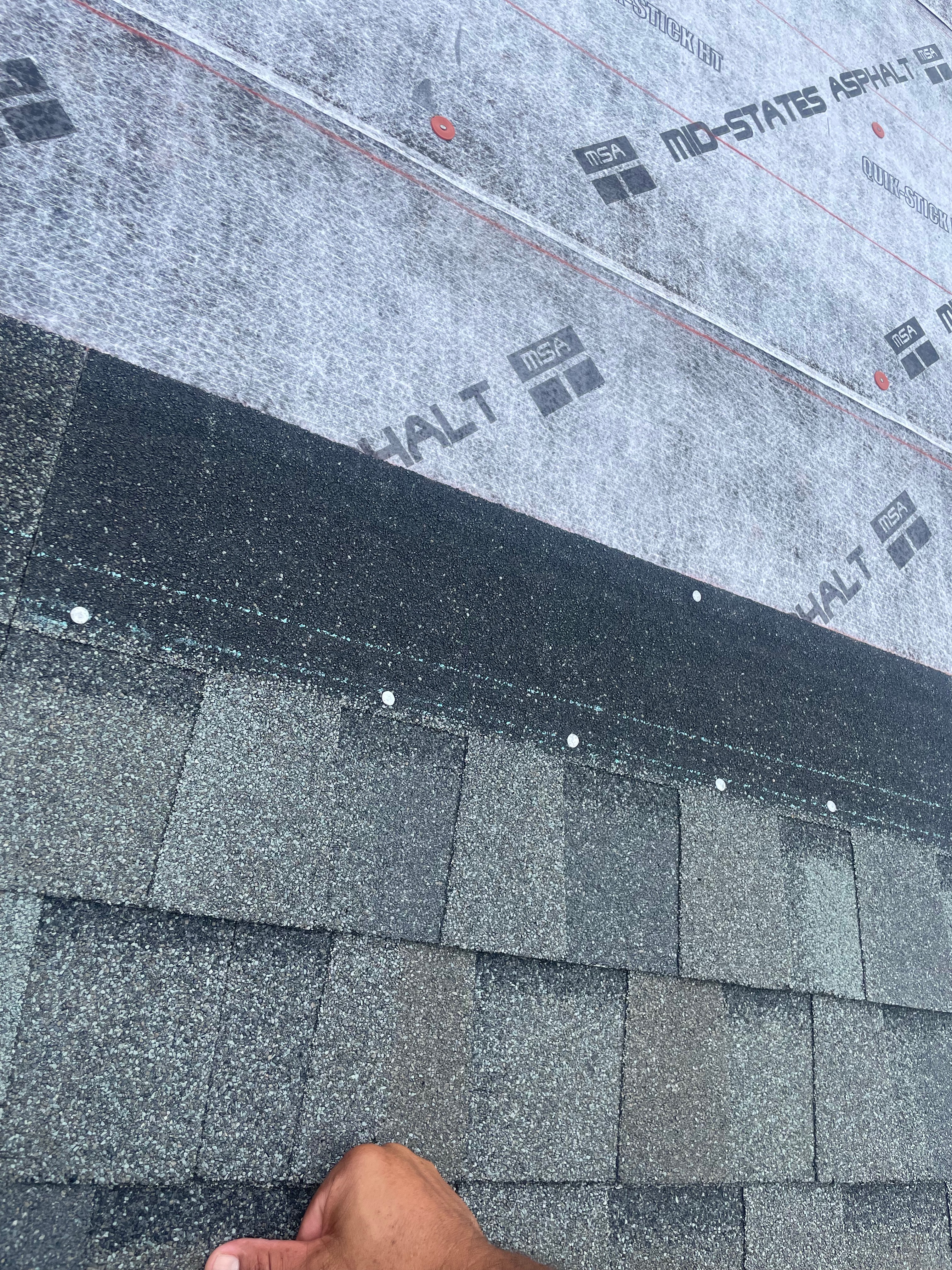Why Exposed Hardware Metal Roofing Might Not Be the Best Choice for Your Coastal Home
The sleek appearance and durability of metal roofing make it a popular choice, but it’s important to carefully consider the benefits and drawbacks of exposed metal roofing for coastal homes.
When considering exposed metal roofing for coastal homes, it’s important to weigh the benefits and potential drawbacks. While metal roofing is known for its sleek look, durability, and longevity, coastal areas present unique challenges such as saltwater exposure and high winds. It’s important to carefully consider these factors and choose a metal roofing material that is specifically designed to withstand the harsh coastal environment. Additionally, regular maintenance and inspection of the metal roof will be necessary to ensure its longevity and performance in a coastal setting.
At 50 North Roofing, our experience has shown us that metal roofs in coastal regions are often exposed to high levels of saltwater and strong winds, which can present challenges. It’s important for you to be aware of these factors so that you can make an informed decision for your coastal home.
If you have a beachfront property or are considering installing a new roof in a coastal area and need guidance, you’ve come to the right place. In the next few moments, you’ll gain insight into exposed metal roofing, its various types, its suitability for your home, and alternative roofing material options. Let’s begin!
What Is Exposed Hardware Metal Roofing?
Exposed hardware metal roofing is a type of metal roofing system that features visible fasteners or hardware used to secure the metal panels to the roof structure. Screws or nails are typically installed through the metal panels and into the underlying structure, creating a distinct visual aesthetic characterized by the visible rows of fasteners running across the surface of the roof.
Also read: standing seam or exposed fastener metal roofing system.
When opting for exposed hardware metal roofing, it’s important to consider its rustic or industrial aesthetic, along with its durability and cost-effectiveness. However, it’s crucial to note that the exposed fasteners can potentially become vulnerable to moisture if not installed and maintained correctly, which may result in leaks over time. To ensure the longevity and performance of this roofing system, proper installation and maintenance are essential.
There are various types of exposed hardware metal roofing systems, each offering unique characteristics and advantages. Some of the most common and popular choices include:
Screw-through panels are a type of roofing system where metal panels are secured to the roof structure using screws that go through the panels and into the underlying substrate.
Nail-through panels are a type of installation commonly used with standing seam metal roofing. In this method, nails are used instead of screws to secure the metal panels to the roof structure, similar to screw-through panels.
Corrugated metal roofing is made up of panels that have a wavy or ridged profile and are usually attached to the roof structure using screws or nails placed in the valleys of the corrugations.
In exposed fastener standing seam systems, the fasteners used to secure the panels to the roof structure are visible along the raised seams, unlike traditional standing seam metal roofing where the seams interlock to provide weather resistance.
R-panel roofing consists of ribbed metal panels with raised ribs or striations running vertically along the length of the panels. These panels are commonly installed with exposed fasteners, which are usually placed in the flat sections between the ribs.
Just some examples of exposed hardware metal roofing systems that you can choose from. Each type has its own unique look and features, so it’s important to consider factors like appearance, durability, and maintenance needs before deciding on the best system for your project.
Is Exposed Metal Roofing a Bad Choice for Coastal Homes?
Exposed fasteners metal roofing may not be the most suitable option for coastal homes for a couple of reasons. Firstly, coastal areas are susceptible to high levels of saltwater exposure, which can lead to corrosion and rust on metal surfaces over time. Even with corrosion-resistant coatings, consistent exposure to saltwater can still result in accelerated wear and tear on the roof.
Additionally, coastal regions often face strong winds during storms, and the exposed fasteners on metal roofs can be susceptible to damage or loosening in these conditions.
These factors should be carefully considered when selecting a roofing material for coastal homes, as they can compromise the roof’s integrity and potentially lead to leaks. Additionally, it’s important to note that metal roofs can be noisy during heavy rain or hail, which may be bothersome for some homeowners.
Despite potential concerns, metal roofs are actually quite resilient and can hold up well against tough coastal elements like strong winds, saltwater, and humidity. Plus, the use of corrosion-resistant materials for exposed hardware helps prevent rusting.
Choosing the Best Roofing Materials for Your Beachfront Property
If you’re unsure about metal roofing for your coastal home and are concerned about maintenance, there are plenty of alternative options to consider.
Let’s discuss the key characteristics and uses of aluminum in metal roofing.
Aluminum sheet and coil products are available in various thicknesses, typically measured in inches in decimal form. The higher the number/decimal, the thicker the aluminum material. The choice of thickness depends on the specific application for which the aluminum will be used.
The most common thickness for residential roofing projects is .032” or .030”, while for commercial roofing projects, .040” is most common. For copings or caps, .050” or .063” thickness is most common.
Aluminum is a versatile material that can be used for roofs, walls, trim, and more in a variety of environments, including coastal areas, hurricane zones, regions with heavy rain or snowfall, and high-temperature locations.
Aluminum is commonly used in a variety of applications, including coastal structures such as hotels, homes, and boathouses; commercial buildings like hospitals and schools; residential projects including single-family homes and condominiums; architectural structures in commercial, governmental, and residential settings; and structural or industrial applications such as warehouses and factories.
Another potential choice for roofing materials is concrete or clay tiles, which are recognized for their strong and long-lasting nature, making them well-suited to endure harsh coastal environments. These materials can offer excellent defense against hurricanes and are resistant to corrosion from saltwater. Additionally, for a more contemporary and streamlined look, you may want to explore the option of a flat or low-slope roof with a liquid-applied membrane system, such as EPDM, TPO, or PVC.
Liquid roofing materials offer a seamless and watertight barrier that is durable enough to withstand coastal elements. It’s crucial to carefully consider your specific needs and preferences when selecting the best roofing for your coastal home, as each option comes with its own advantages and disadvantages.
Is Exposed Metal Roofing Worth the Investment for Your Coastal Property?
Now that you’re aware, it’s important to remember that exposed metal roofing for coastal homes requires careful consideration. The high levels of saltwater exposure in North Carolina’s coastal areas can lead to corrosion and rust on metal surfaces over time, even with corrosion-resistant coatings. Without proper maintenance, the constant exposure to saltwater can cause wear and tear on the roof.
Additionally, it’s important to consider that the strong winds commonly found in coastal areas can create a risk for exposed fasteners on metal roofs, potentially leading to leaks and compromising the roof’s structure.
While metal roofing has its benefits, it’s important to weigh these factors when deciding on the best roofing option for your coastal home. Remember to consult with a professional roofer, like The Real Metal Roofing Company, who has years of experience in coastal areas for personalized advice!




